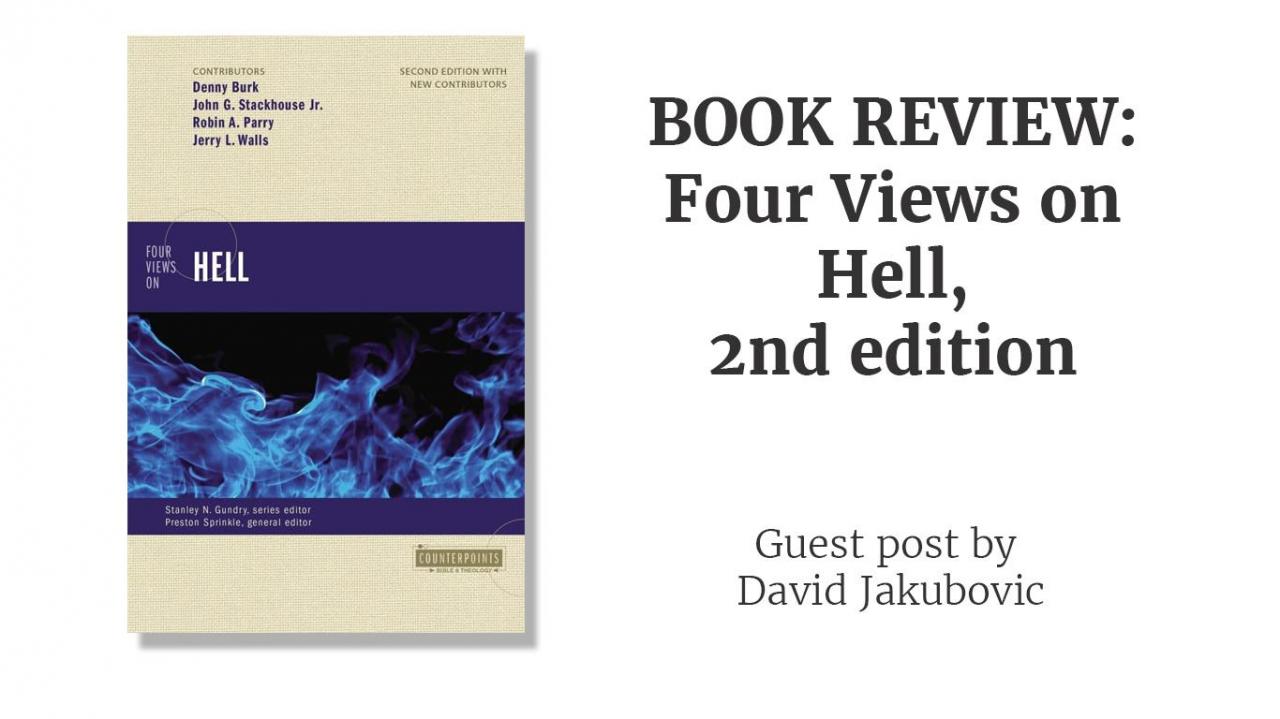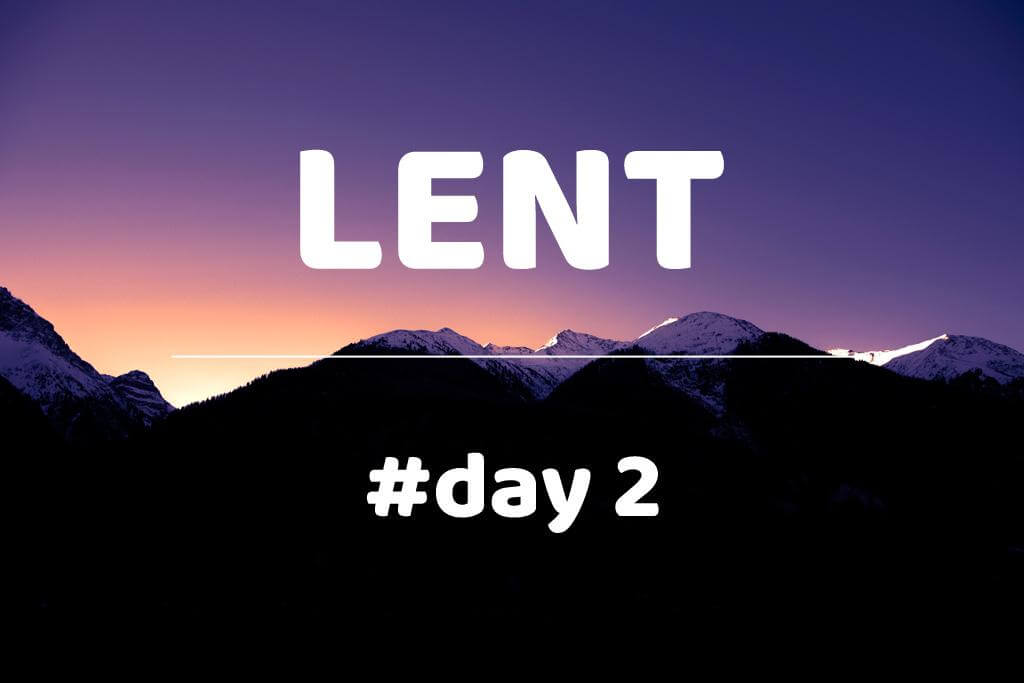Blog Search Results

Did you mean:
greek
?
51 results for Greek
found
within the Blog
6 displayed out of 51 (0.04seconds)Page 4 of 9

BOOK REVIEW: Four Views on Hell 2nd edition
Posted by David Jakubovic on 17th March 2021 in Book Review |
...which the Greek term olethros is used here.” (35)
But notice: this car wreck is as good as non-existent for all practical purposes of driving, thus destined for crushing or scrapping, aka obliteration. This is similar to Doug Moo’s analogy backfiring, as he paints a similar image: “ ‘The tornado destroyed the house.’ The component parts
of that house did not cease to exist, but the entity ‘house,’ a structure that provides shelter for human beings, ceased to exist.”20 Precisely: the car and house in Burk’s and Moo’s thought-experiments no longer exist in any practical, usable sense (though they cannot be said to be ‘dead’, of c...
Does Christmas have pagan origins?
Posted by Luke J. Wilson on 19th December 2019 in Christmas | christmas,xmas,origins,pagan,pagan roots,church fathers,church history,Saturnalia,Epiphany,Annunciation,Tertullian,Origen,john chrysostom,incarnation,liturgical calendar,church calendar,festivals
...ually the Greek letter Chi which is the first letter of “Christ” in Greek (Χριστός) and so the “Xmas” is simply an ancient shorthand word, nothing nefarious about it! See also: Who was the real Santa Claus?
Fun fact about New Year's Day:
It didn't really exist as a thing until Julius Caesar changed the calendar to add in a new month called "January" in honour of the god Janus. Janus was a god of new beginnings and such like things, with two faces looking into the past and future which is where new year resolutions are thought to come from as a way of asking the god to help or make promises to him. January 1st was the day of honour for the...
The Deity of Christ in the Gospel of Matthew - Part 1
Posted by KingsServant on 22nd December 2022 in Apologetics | islam,islam vs christianity,debate,gospels,apologetics,deity of christ
...phrase in Greek[1] includes the word “he” which is actually grammatically unnecessary and as a result can only have been included by the author to highlight that the child is to be given this name (Jehovah is salvation) because he himself is going to be doing the saving. As if this is not enough, the word is not only included but also placed in the emphatic position at the beginning of the phrase. In Greek, the word to be emphasised is placed at the beginning. Beyond all doubt, the angel is identifying Jesus himself as Jehovah who saves!
Further, the Old Testament states that it is Jehovah who will save Israel from their sins, Israel being the group most...Debunking the Myth: The Council of Nicaea and the Formation of the Biblical Canon
Posted by Luke J. Wilson on 20th November 2023 in Early Church | church history,council of nicaea,myths,debunked,canon,biblical canon
...h-century Greek manuscript known as the Synodicon Vetus. This manuscript, claiming to be a summary of decisions from Greek councils up to that point, presented a narrative where a divine miracle occurred at the Council of Nicaea. According to the manuscript, the Lord miraculously separated the canonical books, placing them on the table, while the apocryphal or spurious ones fell beneath.
The canonical and apocryphal books it distinguished in the following manner: in the house of God the books were placed down by the holy altar; then the council asked the Lord in prayer that the inspired works be found on top and the spurious on the bottom. (Synodicon Vetus, 35...
Lent: Day 2 - Mathetes to Diognetus, pt. 1
Posted by Luke J. Wilson on 3rd March 2017 in Lent | Lent,great lent,fasting,early church fathers,devotional,daily reading,epistle of mathetes to diognetus
...Day two: Epistle of Mathetes to Diognetus: Chaps. 1-6
Who: Anonymous author, “mathetes” is not a name, but is the Greek word for “a disciple”
What: possibly one of the earliest examples of a Christian apologetic defending the faith from its accusers, written to someone interested in learning more about the faith and its customs
Why: The Christian faith was under attack and ridicule in the early centuries, many things about the Church were misunderstood and so various Christians took to writing apologetic's (defences) to clarify doctrines and beliefs from being maligned.
When: Estimated between AD 130 and late 2nd century
I've only ever come acros...
From Dust to Redemption: The Meaning of Ash Wednesday
Posted by Luke J. Wilson on 5th March 2025 in Lent |
...grace.
Greek Orthodox Yearly Fasting Calendar (2025). Fasting isn’t just for Lent!
An Anglican Perspective
The Church of England, along with many other Anglican churches, recognises Ash Wednesday as an important day in the liturgical calendar. The Book of Common Prayer (1662) includes a special Commination Service, calling the faithful to repentance. While this service is less commonly used today, Ash Wednesday services in Anglican churches typically follow a solemn and reflective tone, with readings, prayers, and the imposition of ashes.
The Anglican tradition emphasises that Lent is not merely about external observances but about an inward transform...

